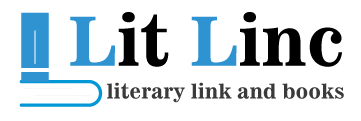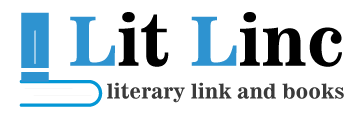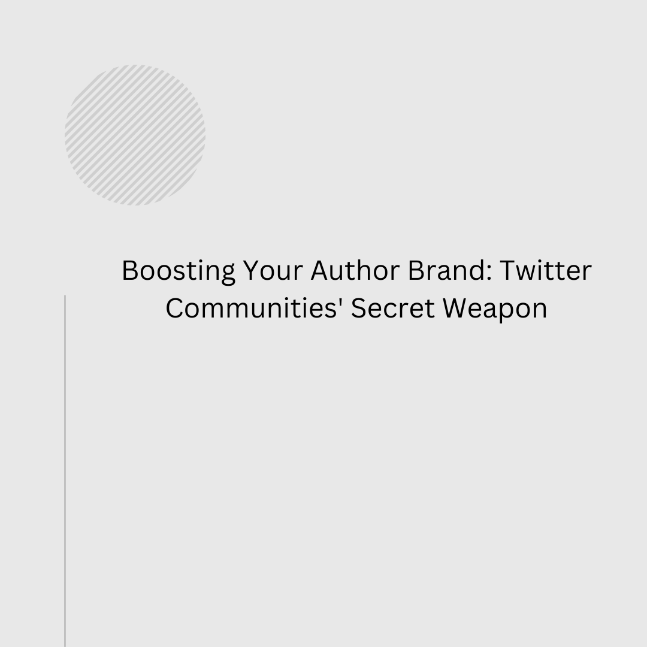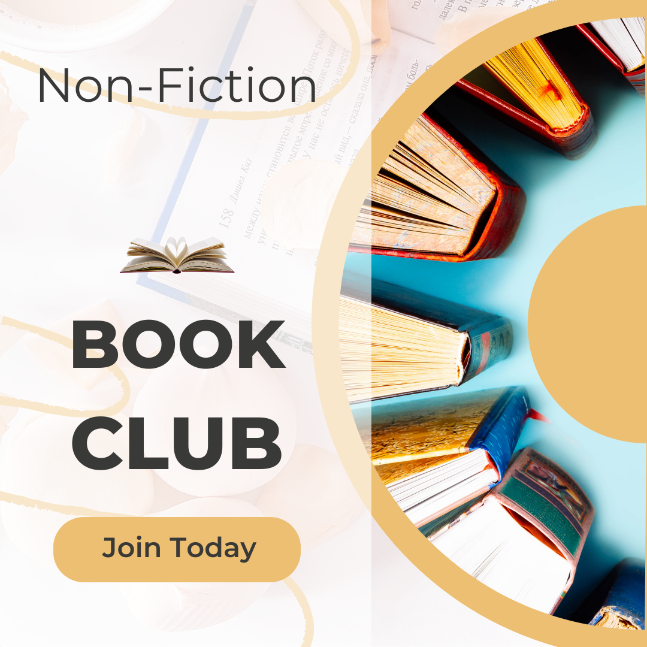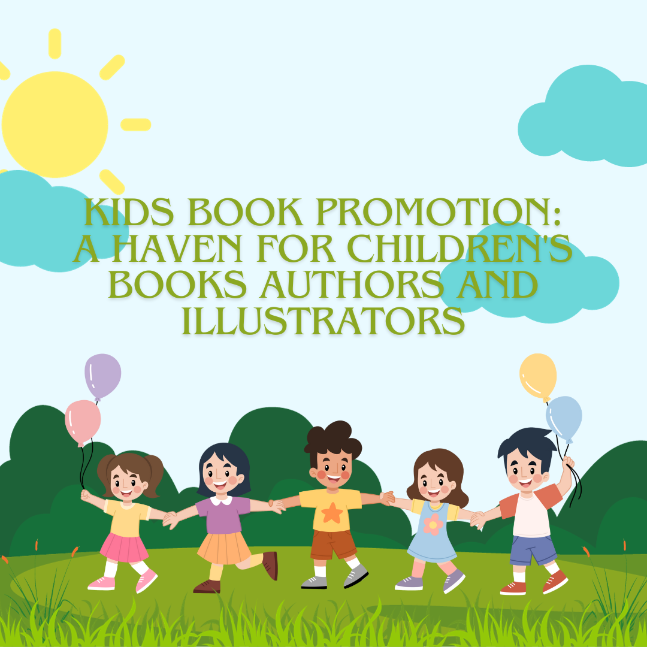Social Media and Books: The Intersection of Modern Technology and Traditional Literature
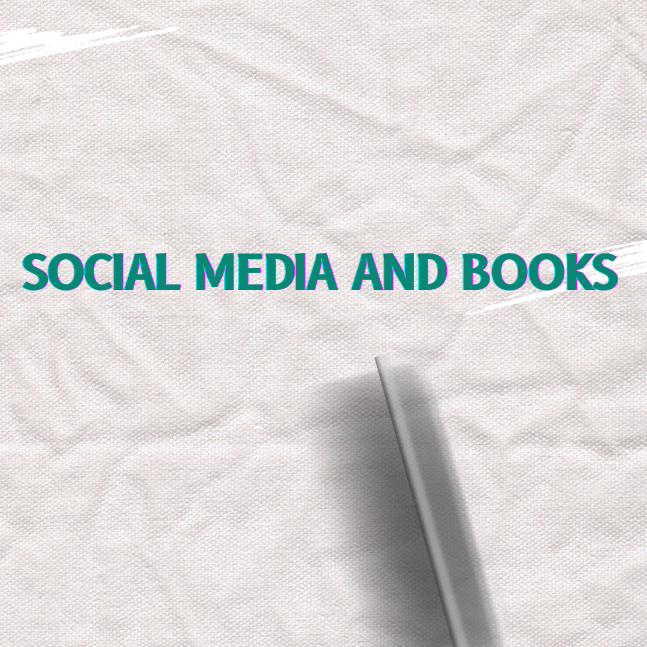
In the digital age, social media has revolutionized how we communicate, share, and consume information. Its influence has permeated various sectors, including the realm of literature. Books, once confined to printed pages and library shelves, now interact with social media platforms in unique and transformative ways. This article explores the dynamic relationship between social media and books, highlighting the impacts, challenges, and opportunities this intersection presents.
The Digital Shift: Social Media as a Platform for Readers and Writers
Social media has become a pivotal platform for both readers and writers. Platforms like Goodreads, Instagram (with its #Bookstagram community), and Twitter offer spaces where readers can share reviews, discuss their favorite books, and interact with authors. This democratization of literary discussion breaks down barriers, allowing for a more inclusive and diverse conversation about books.
For authors and publishers, social media serves as a powerful marketing tool. Book launches, reading sessions, and author interviews are now often conducted virtually, reaching a global audience. Social media campaigns can create buzz around new releases, and direct engagement with readers can build a loyal fan base.
Influence on Reading Habits and Book Sales
The influence of social media on reading habits and book sales is significant. Viral book recommendations or trending hashtags can drive sales and bring attention to lesser-known authors or genres. The phenomenon of “BookTok” on TikTok, where users create short videos recommending books, has even led to older titles resurfacing and becoming bestsellers.
However, this also raises questions about the quality of books gaining popularity. The trend-driven nature of social media may sometimes overshadow literary merit, favoring books that are more marketable online.
Challenges: The Double-Edged Sword
Despite its benefits, social media's impact on literature is a double-edged sword. The constant stream of information can lead to shorter attention spans, making it challenging for readers to engage deeply with longer, more complex texts. Moreover, the pressure to keep up with trending books can detract from personal enjoyment and exploration of diverse literature.
There’s also the risk of echo chambers. Social media algorithms tend to show users content similar to what they have engaged with before, which can limit exposure to new ideas and perspectives, contrary to the broadening potential of literature.
E-books and Audiobooks: A New Era of Accessibility
Social media has also played a role in the rise of e-books and audiobooks. With links to purchase or download books just a click away, access to literature has become more convenient. Digital formats cater to different reading preferences and can be particularly inclusive for people with disabilities.
The intersection of social media and books is a testament to the evolving nature of literature and its consumption in the modern world. While it presents challenges, such as potential impacts on reading habits and literary quality, it also offers unprecedented opportunities for accessibility, community building, and democratization of literary discussion. As this relationship continues to evolve, it will be essential to navigate it thoughtfully, ensuring that the core value of literature – to enlighten, entertain, and educate – remains at the forefront.
You may also like…
